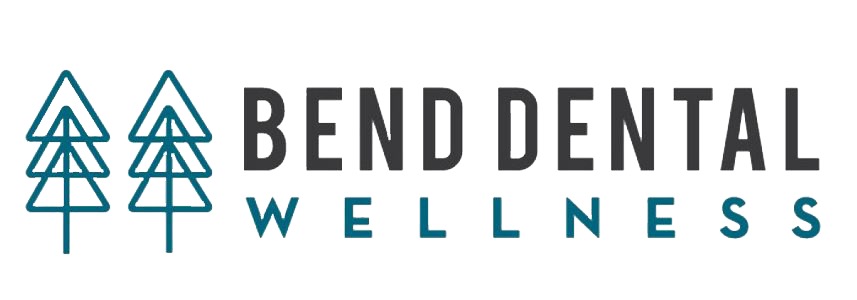
Extractions and Wisdom Teeth
A tooth extraction is the removal of a tooth from the surrounding bone and gum. Extracting, or “pulling,” a tooth in adults is done for a variety of reasons. Often, extractions are necessary because a tooth is so severely damaged from decay or trauma that it cannot be saved. Sometimes the nerve in a tooth dies and the tooth, as well as the gum and bone around it, become severely infected. Other times people’s mouths are not large enough to fit all their teeth, as is often the case with wisdom teeth.
What are the benefits of having a Tooth Extraction?
Extracting a tooth is beneficial because it eliminates existing pain and infection. An extraction can also provide the space for your teeth to line up properly and allow your bone and gum to be healthy. Both a healthy mouth and a healthy bite are important for your long term overall wellness.
What are the risks of having a Tooth Extraction?
The risks of having a tooth extracted include additional pain, infection or nerve damage. Although a certain amount of discomfort is expected, your dentist will recommend the appropriate medication to minimize pain after your tooth is extracted.
The process of having a tooth extracted can cause bacteria in your mouth, or from the infected tooth, to enter your bloodstream and cause infection in other parts of your body. People who have artificial heart valves or artificial joints may be prone to infection by these bacteria. Antibiotics may need to be taken prior to your tooth extraction to manage this risk.
The areas where a tooth was extracted may become infected after the extraction. This area may also develop a painful condition called “dry socket.” Both an infection and a dry socket are conditions that must be evaluated by your dentist in order for them to be effectively treated.
Some extractions have a higher risk of causing damage to the nerves that carry feeling to your face. Most often this nerve damage will feel like parts of your face are numb or tingling. Usually this sensation resolves within six months of having your extraction. Occasionally the nerve damage is permanent.
What is the alternative to having a Tooth Extraction?
If a tooth is broken down due to decay or trauma, a dentist may be able to restore the tooth instead of extracting it. If a tooth is infected but adequate tooth structure and bone support remain, it may be saved with a root canal treatment. Sometimes periodontal surgery can be performed around a compromised tooth to reduce disease and prevent the need for a tooth extraction.
Patient Feedback
EXCELLENTTrustindex verifies that the original source of the review is Google. Great staff and care at Bend Dental Wellness!Trustindex verifies that the original source of the review is Google. We have been going here for 5 years. We really enjoy how kind all of the staff are. Up to date modern tools.Trustindex verifies that the original source of the review is Google. I had an emergency and they found a way to get me in to be seen the same day. The staff and Dr Quigley were helpful and professional. I’ve been going to Bend Dental Wellness for four years and it has always been professional and friendly.Trustindex verifies that the original source of the review is Google. Dr. Blake Q and his staff are very friendly and competent. I did choose this practice because of his 'better' practices with dental care. And I've been very satisfied with my dental care for the past 3+years and will continue. Had a cleaning today with Mara and she was very gentle and thorough.Trustindex verifies that the original source of the review is Google. The service was excellent, both my teeth cleaning and discussion of possible future needs.
Request An Appointment
Need help? Contact us!





